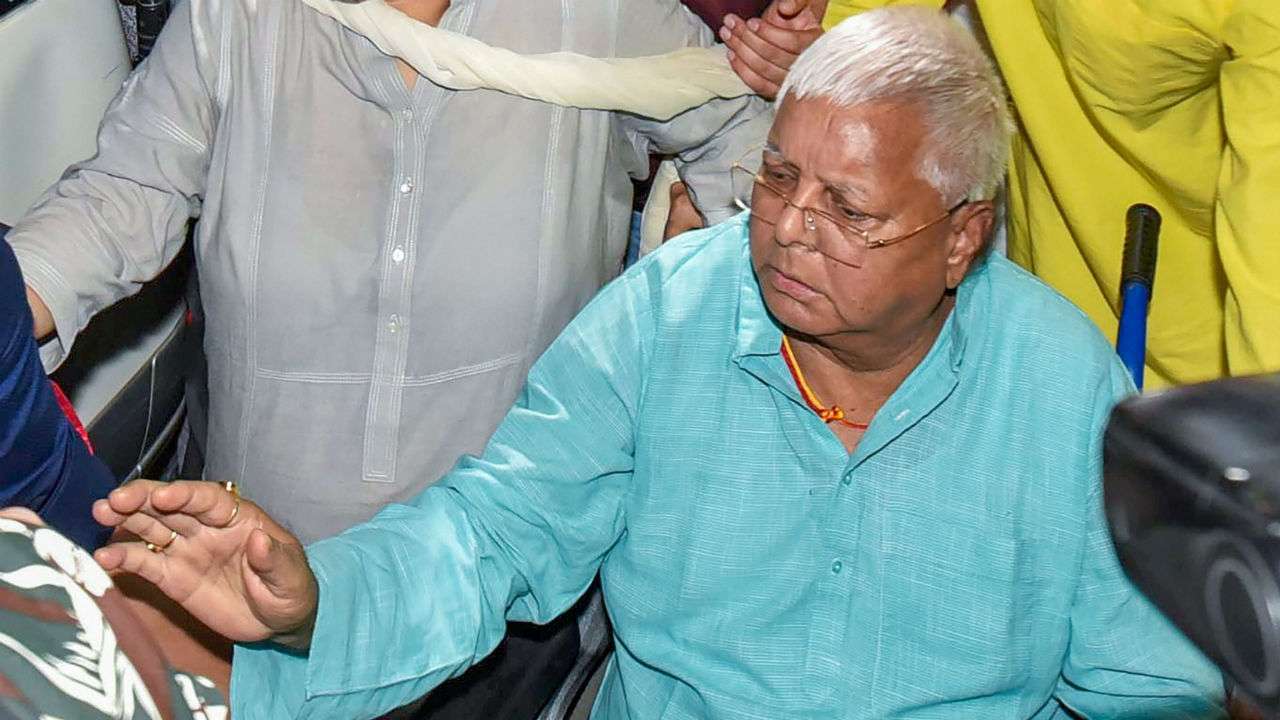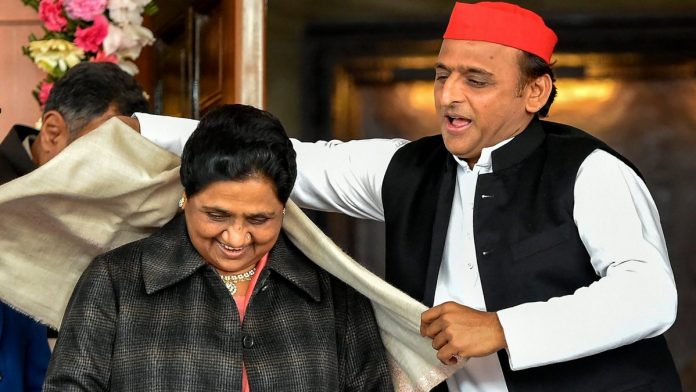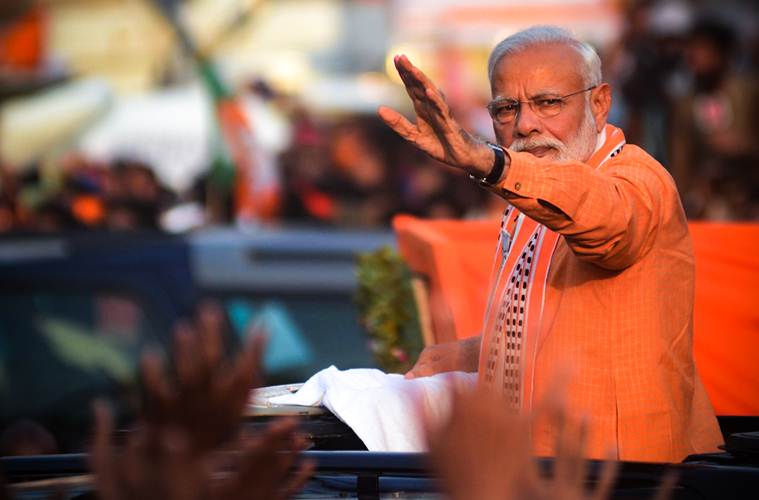When Indira Gandhi nationalized banks across India, she called it reforms. When Ronald Reagan orchestrated large scale privatizations across sectors of the US economy, he called it reforms. I guess you want to be seen reforming.
In Germany, they have this concept of lifelong employment. You go to work for a company early in your life, and you stay with that company for much of your working life. And Germany is a top performing economy. It beats the US economy by a wider margin than does the Chinese economy.
There are people who argue for US-style hire and fire policies in India. They call it labor reform. That hire and fire can work. But in India, for many people, or maybe most, if you get fired, you face a certain financial cliff. You might not be able to go grocery shopping in a week. In such a scenario hire and fire might be a catastrophe.
In Japan also they have this concept of lifelong employment. I am not arguing for it. All I am saying is there is no magic pill. Too many people argue if only India were to put in place easy hire and fire, the economy would rocket past the Chinese economy. Not true. Stop looking for magic pills.
A great Indian example was Indian Railways when Laloo Yadav was Railway Minister. Indian Railways is state owned. It is the largest employer in the world. And rule number one for Laloo was, do not fire anyone as we attempt to increase our revenues and profits. Rule number two was, do not raise railway ticket prices. Because "I am a man of the people." Within those two parameters, Laloo managed to usher bumper profits. He managed to slash prices on railway tickets.
So it is not true state-owned companies are always a bad idea. When Modi was Chief Minister of Gujrat he did not nationalize a single state-owned company in his state. Instead, he granted each of them autonomy. The major thing he did was he brought political interference to a halt. They all became profitable.
State-owned companies can work. Private companies can work. Collect data. Assess data. Engage in evidence-based decision making. Do not blindly follow this or that ideology. The proof has to be in the pudding.
When Laloo took over Indian Railways that was in the red, the number one piece of advice was, fire a bunch of people. If you want to turn a profit, fire a bunch of people. Indian Railways is "bloated," he was told. But Laloo knew better. I can not fire people, Laloo said. "I am a man of the people."
He turned Indian Railways around.
Another buzz phrase is land reform. Basically, the idea is it should be much easier for industrialists to buy land. Maybe the idea does not work in India. You are mostly talking about small farmers. That small piece of land is their entire world. They depend on it for their basic food. It is not that they are against industrialization, but what will they eat the day after?
Land pooling is a better idea. You turn those landowners into shareholders in your proposed company. Why will you not look at alternate ideas like these? Chandrababu Naidu successfully implemented that idea as he started work on his dream city Amaravati. And the farmers who participated are happy. Akhilesh Yadav used something similar as he acquired land for the Delhi Lucknow expressway.
The very phrase land acquisition is problematic. It sounds like robbery. Land pooling is a friendlier phrase.
India And Reforms https://t.co/IWQBWNLTbP @laluprasadrjd @yadavtejashwi @narendramodi @BJP4India @ncbn @yadavakhilesh @NitishKumar @PrashantKishor— Paramendra Kumar Bhagat (@paramendra) May 21, 2019
5 things to know about India by 2030:
— Vala Afshar (@ValaAfshar) May 21, 2019
1. second largest economy (GDP), ahead of US
2. more than 1 billion internet users
3. 77% or population under age 44
4. 80% of population is middle class
5. $5.7 trillion consumer spending https://t.co/KLtLWY7idy pic.twitter.com/iNo76GkC78










